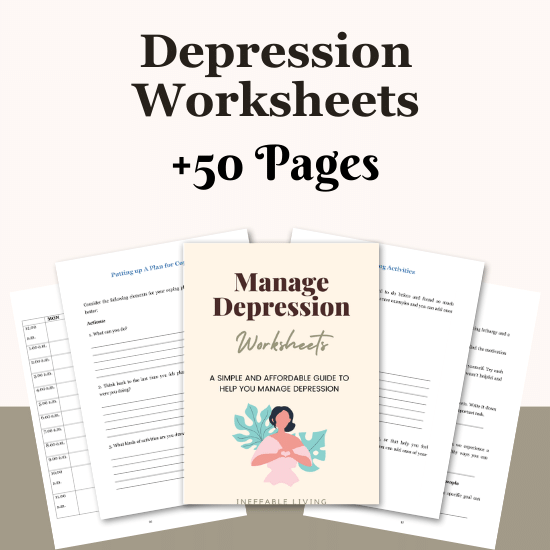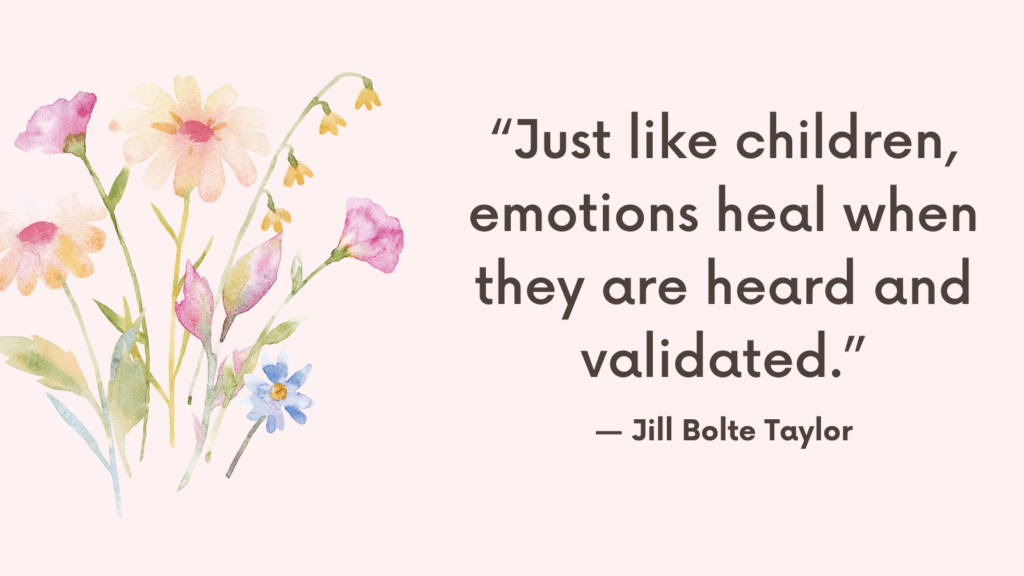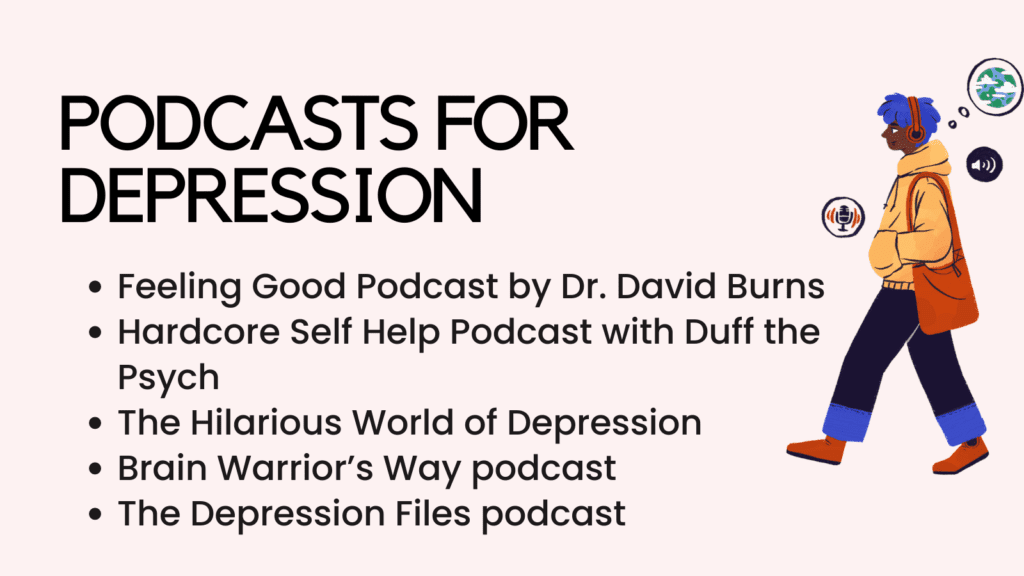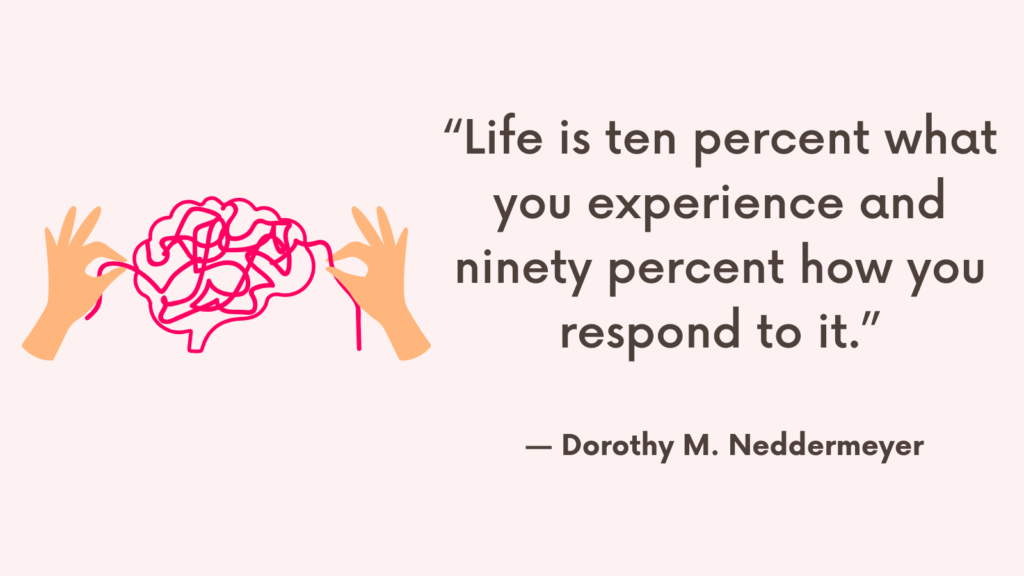Supporting someone with depression can be heartbreaking—especially when they begin to isolate and push you away. This behavior isn’t personal. Often, it’s a symptom of the illness itself. Depression tells them they’re a burden, that they’re unlovable, or that isolation is safer. Your steady, compassionate presence can still make a difference—even from a distance.
Why People With Depression Often Push Others Away
1. Fear of Being a Burden – They may worry that their pain will weigh others down, so they isolate to protect loved ones from their emotional state.
2. Low Self-Worth – Depression often brings feelings of worthlessness or unlovability, leading people to believe others are better off without them.
3. Exhaustion – The emotional and physical fatigue of depression can make socializing feel overwhelming, even with people they care about.
4. Difficulty Communicating – When it’s hard to explain what they’re feeling, avoiding interaction can feel easier than trying to talk about it.
5. Shame and Guilt – People may feel ashamed of their condition or guilty for needing support, which makes them withdraw.
6. Fear of Rejection or Misunderstanding – After trying to open up and feeling dismissed or judged, they may shut down to avoid being hurt again.
7. Desire for Control – Pulling away can feel like the only thing they can control when everything else feels overwhelming or chaotic.
8. Numbness or Disconnection – Depression can cause emotional numbness or detachment, making it hard to feel close to others or even want connection.
Related: How To Ask For Help With Depression? Top 10 Tips
How to Support Someone Who’s Depressed?
1. Understand It’s Not About You
When they withdraw, go silent, or reject your help, it’s usually a reflection of their internal struggle—not a rejection of you. Remind yourself: They’re hurting, not pushing me away because I don’t matter.
2. Stay Present Without Pressure
Offer your presence without demands or expectations. Say:
“I’m here. No pressure to talk. Just know you’re not alone.”
This keeps the connection open without making them feel overwhelmed or guilty.
3. Send Gentle Check-Ins
Short, no-pressure messages go a long way:
“Thinking of you today.”
“Here if you ever want to talk or sit in silence.”
Avoid asking for responses—just offer warmth and consistency.
Related: Top 10 Tips for Dating Someone with Depression
4. Offer Specific, Low-Energy Help
Depression makes decision-making feel impossible. Instead of asking, “What do you need?” try:
- “Can I bring you a meal tomorrow?”
- “Would you like me to sit with you while you rest?”
Practical offers feel more doable than open-ended ones.
5. Respect Their Space, But Don’t Disappear
Give them breathing room, but don’t vanish completely. Disappearing reinforces their belief that they’re too much or not worth loving. You can step back without stepping away.
6. Avoid Trying to “Fix” It
You don’t need to offer solutions—just understanding. Say:
“You don’t have to explain or be okay for me to care about you.”
Listening with acceptance is more healing than advice.
7. Use Gentle, Loving Boundaries
You can care deeply without sacrificing your own mental health. Say:
“I love you and I’ll be here, but I also need to care for myself too.”
Healthy boundaries allow you to stay connected without burning out.
Related: Top 10 Reasons You’re Feeling Unfulfilled In Life
8. Remind Them of Their Worth—Without Pressure
Say:
“You don’t need to do or say anything for me to care. You matter, even on your worst days.”
Let them feel loved as they are, not for how they act.
9. Acknowledge the Distance Without Blame
If the silence hurts, gently name it:
“I know you’re pulling away, and I understand why. I just want you to know you’re not alone in this, even if I can’t be close right now.”
10. Encourage Professional Help Without Force
You can say:
“I wonder if talking to someone might feel like a little relief—not because you’re broken, but because you deserve support.”
Leave the door open without demanding action.
Related: Top 10 Signs of Silent Depression
11. Take Care of Yourself Too
Support can be draining. Talk to a therapist, journal, set limits, or reach out to others who understand. You can’t pour from an empty cup—and your well-being matters too.
12. Stay for the Long Haul, Quietly
Sometimes the best support is silent loyalty—checking in, sending kindness, staying close in spirit even when you’re kept at arm’s length.
Related: How to Recognize Signs of Depression in Men?

Conclusion
Being pushed away by someone who’s depressed is painful, but your steady, non-judgmental presence is often exactly what they need most. You don’t have to save them. Just keep showing up in small, real ways—and let love be the bridge they can come back to when they’re ready.



